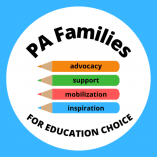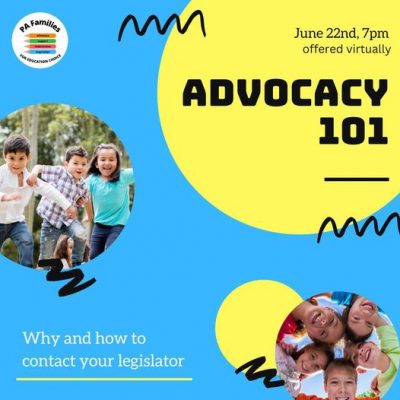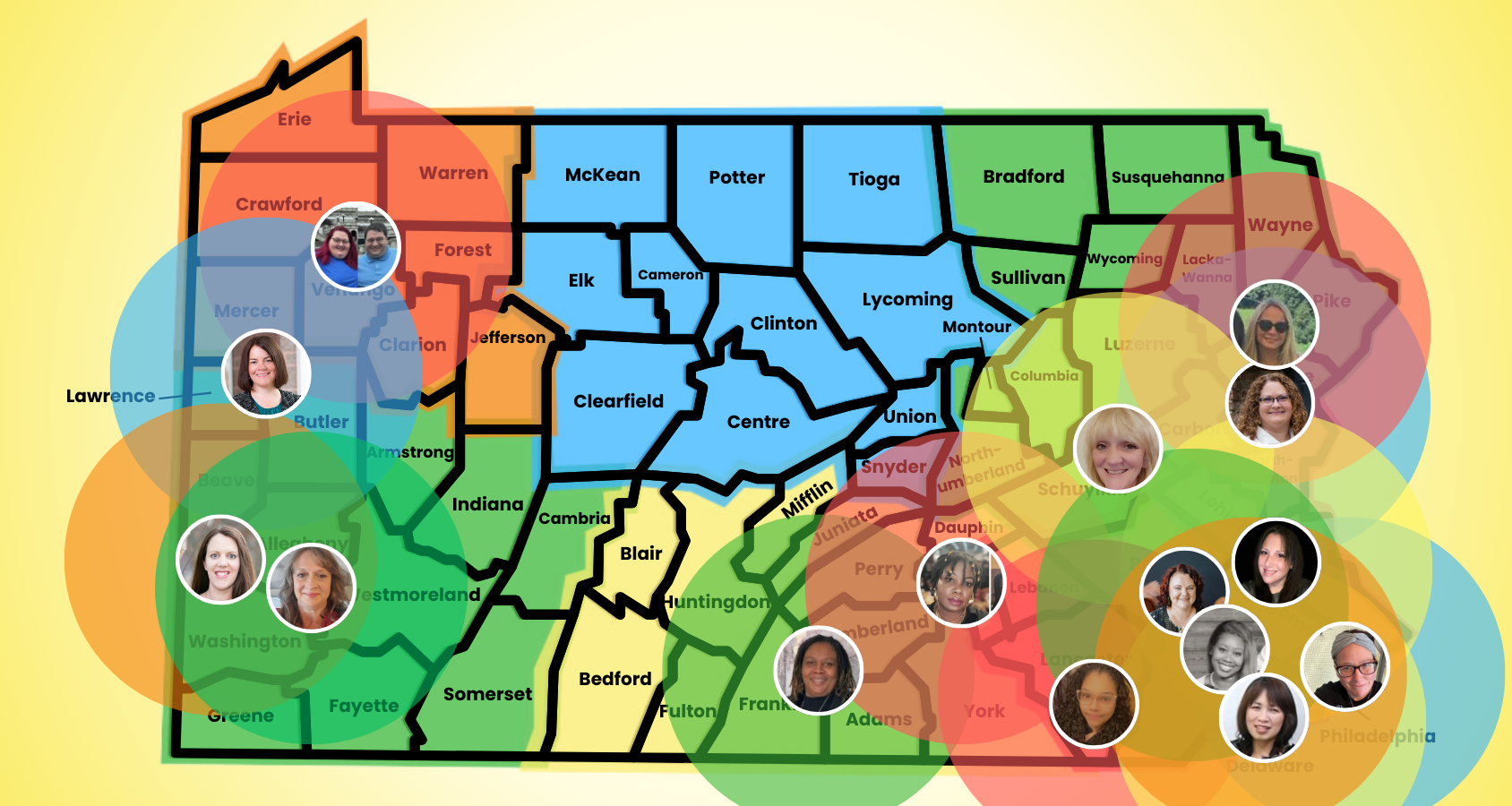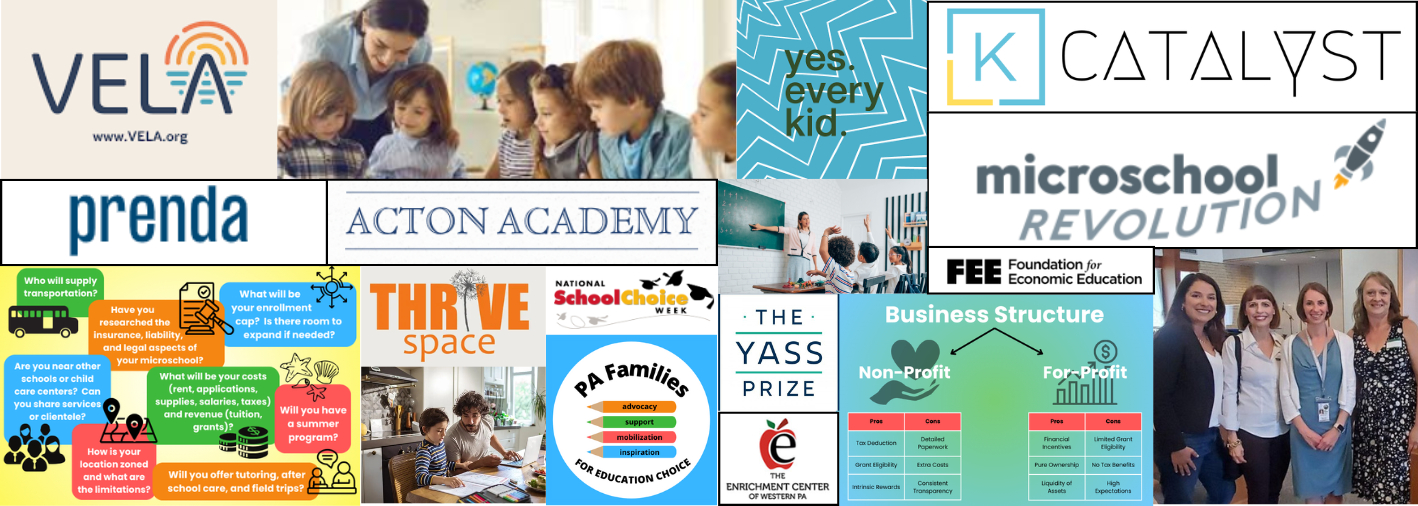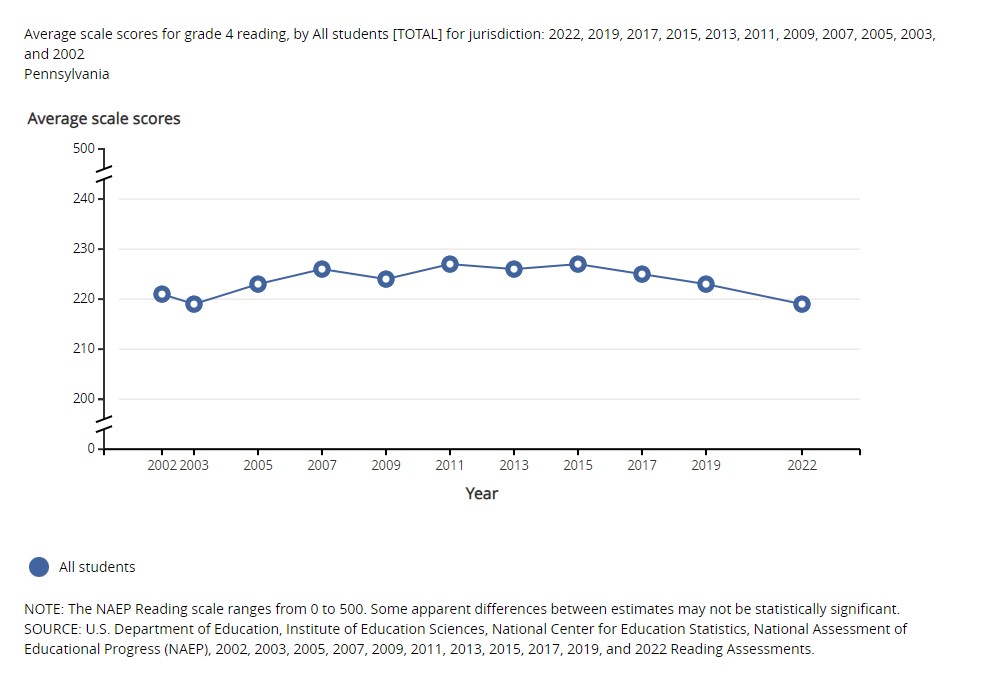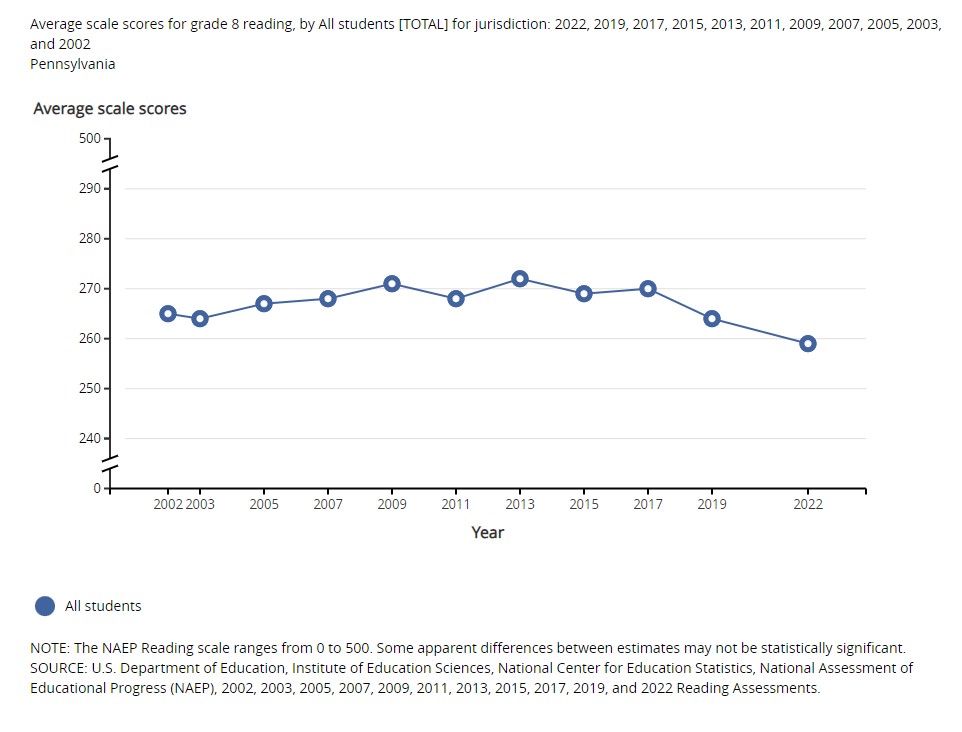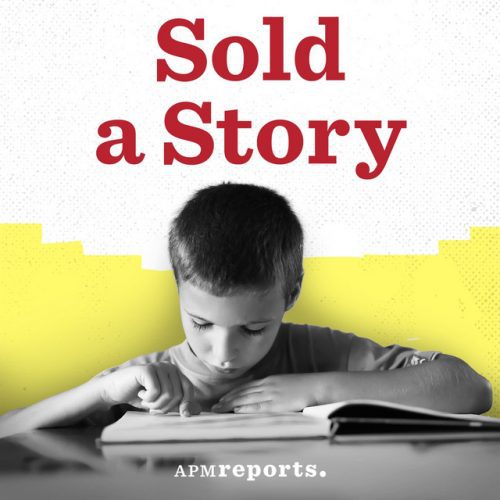Early Literacy and K-12 Literacy
Information Resources
PA State Literacy Plan
By: PA Department of Education
*Released 2019*
This plan provides guidance to all involved in the education of Pennsylvania’s students, and a framework for developing a comprehensive system that ensures literacy growth from the early years through high school graduation.


ARP ESSER Guidance on Reading Improvement for Students
By: PA Department of Education
When planning ARP ESSER spending to address specific student needs, it is important that LEAs adopt a systematic approach to determine what reading supports are most needed for their students. To support LEAs in their decisions, the Pennsylvania Department of Education (PDE) has provided a Reading Improvement and Acceleration Decision Tree that connects directly with the resources and tools in the Accelerated Learning toolkit. This guide is focused on the three phases of that process: Set, Assess, and Plan.
Early Literacy Matters


“A comprehensive early literacy policy includes strategies to support teachers and administrators, students and their families. We can all ensure that students have the foundational reading skills needed to learn, graduate and succeed.”
ExcelinEd


“Reading is the gateway to learning. If our children can’t read, they don’t stand a chance for a successful future. A comprehensive early literacy policy includes strategies to support teachers and administrators, students and their families. Learn how your state can ensure that students have the foundational reading skills needed to learn, graduate and succeed.”
PaTTAN


“The reality of the importance of literacy skills drives the PaTTAN Literacy team to improve literacy outcomes for ALL students through the provision of evidence-based practices, resources, training, and technical assistance for Pennsylvania’s schools and educators.”
Read by 4th
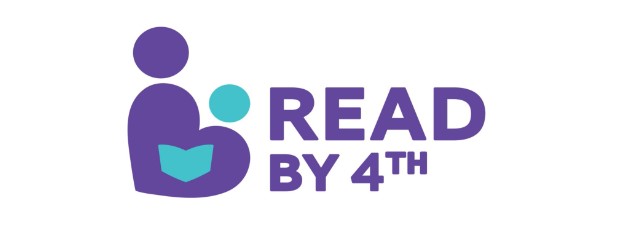

“We’re a powerful movement of family, community and system leaders working together to make sure Philly’s children become the strong readers they deserve to be.”
“Philly neighbors are becoming the go-to early literacy person for their community. Learn how you can help families raise strong readers one conversation at a time.”
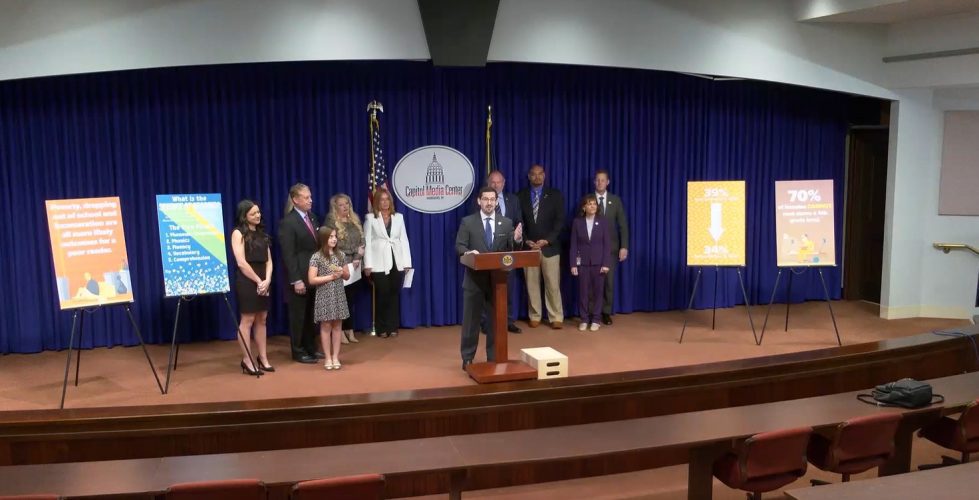

PA State Representative Holds
Press Conference for Early Literacy
“There’s an idea about how children learn to read that’s held sway in schools for more than a generation — even though it was proven wrong by cognitive scientists decades ago. Teaching methods based on this idea can make it harder for children to learn how to read. In this podcast, host Emily Hanford investigates the influential authors who promote this idea and the company that sells their work. It’s an exposé of how educators came to believe in something that isn’t true and are now reckoning with the consequences — children harmed, money wasted, an education system upended.”
Listen on:
Act 69 of 2014 (August 2019)
Dyslexia Screening and Early Literacy Pilot Program
By: PA Department of Education




“The Dyslexia Screening and Early Literacy Intervention Pilot Program (Pilot) was developed in response to the passage of Act 69 of 2014 (the Act). Act 69 required that the Pennsylvania Department of Education (PDE) establish an early literacy intervention and dyslexia pilot program using evidence-based screening and then evidence-based instruction and intervention for students who were found to be at risk for future reading difficulties. The Dyslexia Pilot identified students in Kindergarten who were deemed at risk for reading difficulties including dyslexia using screening tests. At-risk students received immediate supports to improve future reading achievement and to reduce the need for special education in later grades. In addition, the Pilot focused on providing enhanced core instruction in the classroom for all students.”
The 4 D’s: Dyslexia, Dyscalculia, Dysgraphia, Dyspraxia
Decoding Dyslexia
By: International Dyslexia Association
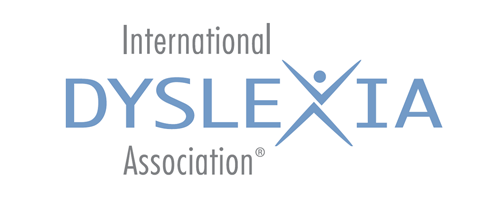


“Decoding Dyslexia is a network of parent-led grassroots movements across the country concerned with the limited access to educational interventions for dyslexia within the public education system. Decoding Dyslexia aims to raise dyslexia awareness, empower families to support their children and inform policy-makers on best practices to identify, remediate and support students with dyslexia.”


Dyscalculia is a syndrome or collection of characteristics marked by underachievement in math in spite of good ability in speaking, reading, and writing. Sometimes dyscalculia occurs with other learning difficulties. Tutoring is often unproductive because it fails to address the underlying causes of difficulties.
Understanding Dysgraphia
By: International Dyslexia Association
Dysgraphia is the condition of impaired letter writing by hand, which can interfere with writing correctly spelled words and writing speed. Children with dysgraphia may have only impaired handwriting, only impaired spelling without reading problems, or both impaired handwriting and impaired spelling.



Developmental Dyspraxia
By: National Institute of Neurological Disorders and Stroke


“Developmental dyspraxia is a disorder characterized by an impairment in the ability to plan and carry out sensory and motor tasks. Generally, individuals with the disorder appear “out of sync” with their environment. Although individuals with the disorder may be of average or above average intelligence, they may behave immaturely.”
